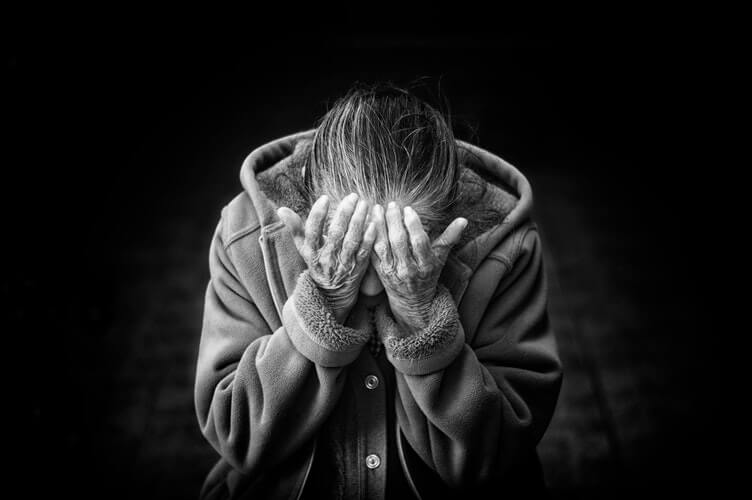Yesterday, Brene Brown wrote about how to see Regret differently. She posted on Facebook about how that emotion can be used for a higher purpose besides dragging us into the vortex of a past error/mistake. I have never looked at it in that manner and it was such a refreshing perspective that I am super-grateful for seeing and reading that post.
Here’s what she wrote:
“I’ve found regret to be one of the most powerful emotional reminders that change and growth are necessary. In fact, I’ve come to believe that regret is a kind of package deal: A function of empathy, it’s a call to courage and a path toward wisdom.
Like all emotions, regret can be used constructively or destructively, but the wholesale dismissal of regret is wrongheaded and dangerous. “No regrets” doesn’t mean living with courage, it means living without reflection.
To live without regret is to believe you have nothing to learn, no amends to make, and no opportunity to be braver with your life. I’m not suggesting that we have to live with regret, but I do think it’s important to allow ourselves to experience and feel it.
One of the truest things I’ve ever heard about regret came from George Saunders’s 2013 commencement address at Syracuse University. He said, “What I regret most in my life are failures of kindness. Those moments when another human being was there, in front of me, suffering, and I responded . . . sensibly. Reservedly. Mildly.”
Brene Brown is a research professor at the University of Houston where she holds the Huffington Endowed Chair. She has spent the past sixteen years studying courage, vulnerability, empathy, and shame. She is the author of four books: The Gifts of Imperfection, Daring Greatly, Rising Strong, and Braving the Wilderness.
Brene Brown believes that vulnerability – the willingness to be “all in” even when you know it can mean failing and hurting – is brave.

